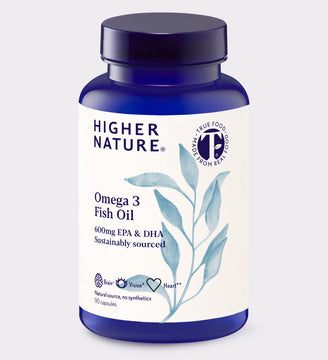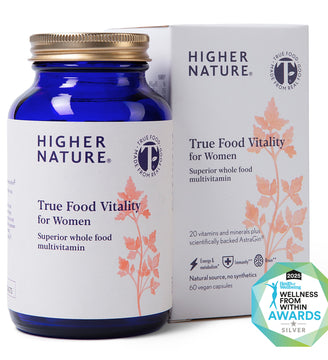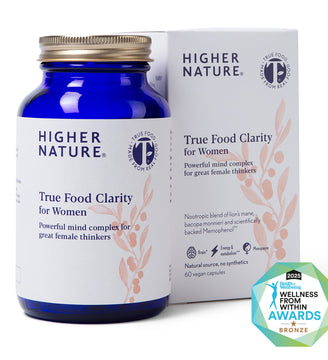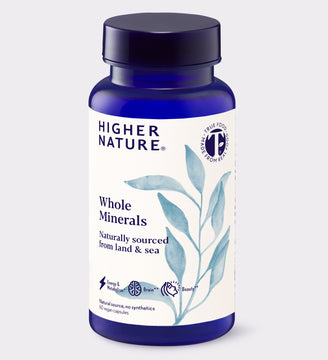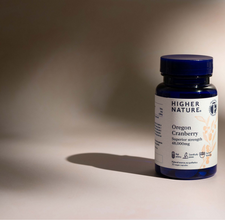
Focus on fermented foods
Higher Nature Nutrition Team
Fermented foods have played an important part in traditional food cultures, mainly as a means of food preservation during the winter months when little fresh food was available.
With the rise of other means of preserving foods, such as canning and freezing, the culture of fermented foods steadily declined until recently. Foods can be either fermented by yeast or by bacteria, converting compounds such as sugar and starch into alcohol and acids which act as a preservative.
Enhanced foods
The fermentation process partially breaks down foods which makes them more easily digestible and the nutrients readily available. Fermented foods contain a host of micronutrients, they are also rich sources of probiotics, most commonly lactic acid bacteria. It is this enhanced food state that confers many of the health benefits. In some countries fermented foods have always been the cornerstones of the national diet. For example, in Germany and Korea cabbage has been fermented for many centuries. In Korea kimchi is eaten with almost every meal. It contains cabbage, chilli, garlic, ginger, red pepper, all foods with well-established health giving properties which are increased by fermentation.
Health benefits
The most well-known use of fermented food is to promote gut health. Research has shown that fermented foods can help promote good gut function and positively influence gut bacteria during times of stress in healthy individuals. As rich sources of good bacteria, they help create an environment that encourages the balance of good bacteria in the digestive tract. The Romans used sauerkraut to help treat and prevent gut infections. It is now also understood that the gut is the largest part of the immune system and the bacteria in the gut are not only important for digestive function but also influence inflammation, allergies, autoimmune diseases and even mood.
Food sources
Fermented foods are becoming more readily available. There are many condiments that are fermented such as vinegar, soya or tamari sauce, miso and fish sauce. Organic apple cider vinegar fermented by the ‘mother’, a mass of naturally occurring bacteria and enzymes in the apple cider, has been shown to have a more diverse range of good bacteria than nonorganic vinegars. Sauerkraut or kimchi can be made at home and look out for tempeh, live yoghurts, kefir and traditionally made cheeses. Give these different foods a try and add a portion or two a day to your foods for an extra healthy boost and burst of flavour.


